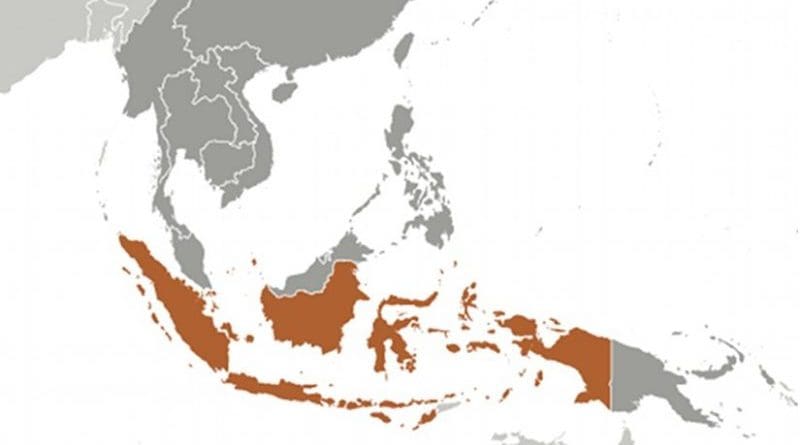Between The Lines Of Bali Bomber’s Remorse – Analysis
As Hisyam Alizein, alias Umar Patek and a cadre of the Southeast Asian terror network Jemaah Islamiah (JI), rose to speak during his trial in the West Jakarta district court on March 7, few would have expected the 45-year old hardcore terrorist to apologize to the victims of the 2002 Bali bombings that claimed the lives of 202 people.
The JI had indeed surprised many by its rise and ability to organize repeated high profile symbolic attacks in the early 2000s. Patek, being one of last remnants of the outfit offered a surprise yet again – this time confirming the rapid decline of the outfit since the Indonesian authorities executed the Bali bombers in 2008 – both in terms of its existence and ideology. Nothing else could have been a more convincing statement on the decline of Islamist terror in the archipelagic nation, with larger implications on the entire Southeast Asia.
“I ask for forgiveness from all the victims and their families. Those who lost their lives and those who experienced material losses, Indonesians as well as foreign nationals”, Patel told in his statement. He downplayed his involvement in the incident, narrating how his role in the attack was minor. “I was very sad and regret the (Bali) incident happened, because I was against it from the start. I never agreed with their methods. I totally had no idea about the target of the bombing,” he added.
His statement indeed contradicts all that is known about him and executed JI senior leaders like Imam Samudra, Mukhlas and Amrozi who took active part in the bombings. His emotions now betray the conviction of the leaders in the justness of their perpetrated act – a necessary ingredient in all acts of terrorism.
For the judges and the world outside the court, believing Patek would be difficult. Knowledge about his role in the bombings is derived from extensive interrogation of the JI cadres, including those who were given death sentences. Unlike Patek, many of them had spoken openly and candidly about the way they went about carrying out the attack. They described in detail the role played by each of the actors, including Umar Patek.
It is beyond doubt that each one of them was perfectly aware of their own contribution to the bombings. JI worked as a close knit organization and it is impossible to believe that the senior leaders including Patek were not in know about the things they were doing. Moreover, Patek’s role as a link between JI and al-Qaeda until his arrest in 2011 in Abottabad, when al-Qaeda chief Osama bin Laden was in hiding in the Pakistani city, was in perfect order of a loyal and committed cadre of the outfit rather than one who resented being a part of an operation that killed so many people.
So why is Umar Patek lying? One, Umar Patek realizes that the acceptance of his known levels of involvement would either mean a death sentence for him, just like the other JI cadres involved, or even deportation to a country like the United States, which has a US$ 1 million bounty on him, or Australia, which lost 88 of its citizens in the 2002 bombings. Patek wants to avoid both. Secondly, he probably realizes that there is no point going down as a martyr for a terrorist organization that has lost much of its sheen over the years. JI is almost dead in Indonesia and has been replaced by the Jemaah Ansharut Tauhid (JAT). The chief of Indonesia’s National Counter-Terrorism Agency described the JAT as the “new camouflage of JI”.
More significantly, Umar Patek’s remorse could provide leeway to the Indonesian authorities, who were not keen on his deportation from Pakistan to begin with. The 2002 bombing is almost a decade old and putting Patek in front of a firing squad may not be easy for the authorities. While the other bombers were executed in 2008 without much public angst, death to Patek may stoke anti-American feelings in Indonesia, create a backlash, and also act as a force multiplier for the fortunes of the JI or any other similar organization.
Umar Patek’s remorse may not sound the death knell for Islamist terrorism in Indonesia, which has manifested itself in recent times into newer forms. Last year suicide attacks were carried out inside a mosque (April 15) and outside a church (September 25), terrorists planned to carry out attacks on Singaporeans leaving the nation’s high commission building in Jakarta, and terrorists have also been involved in several failed missions to loot banks with an intention of financing their activities. Containment would require sustained efforts both internally as well as at the regional level. However, it is without doubt that Patek’s remorse and apology will be a restraining factor for individuals inclined to use terror to articulate dissent.
This article appeared at Asia Times and is reprinted with permission.

